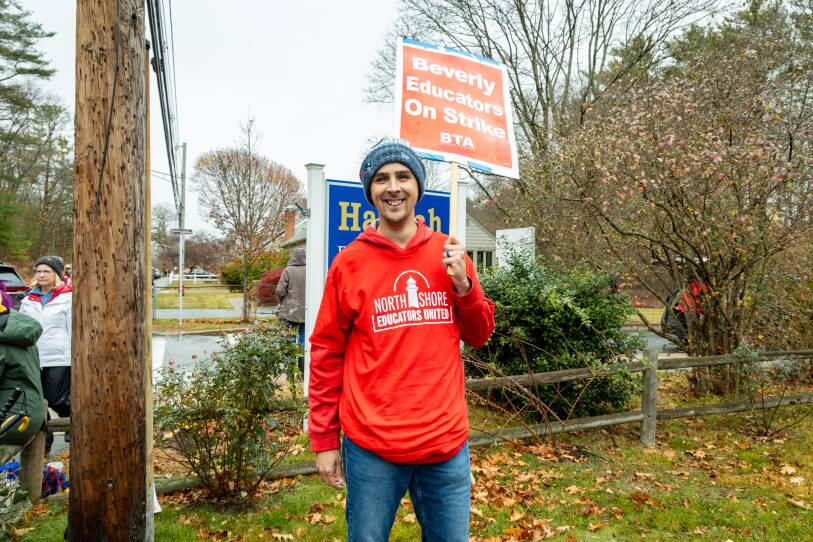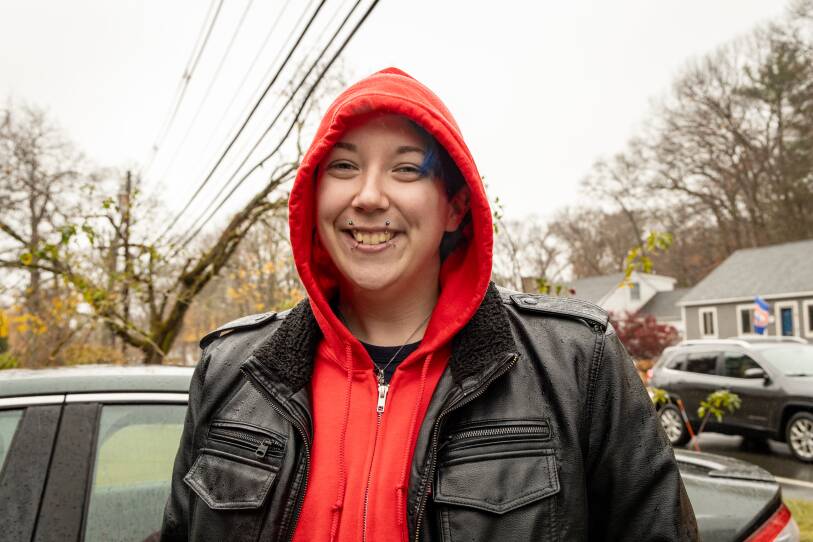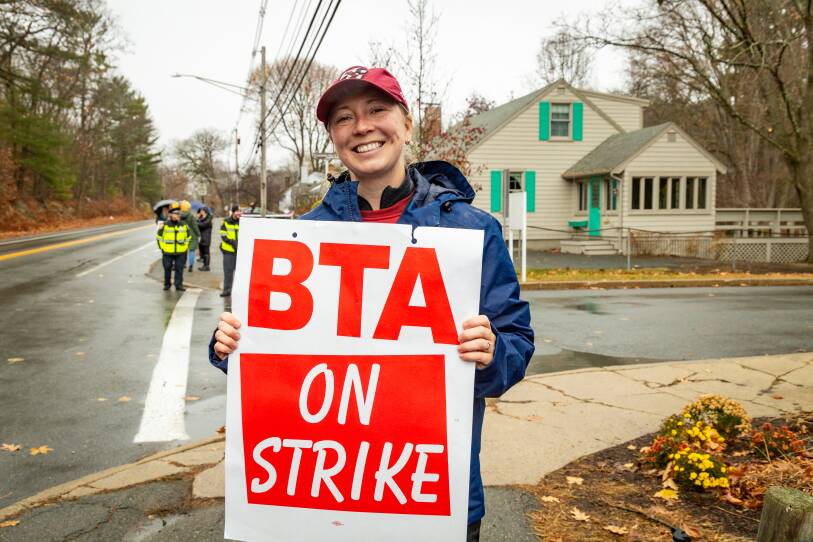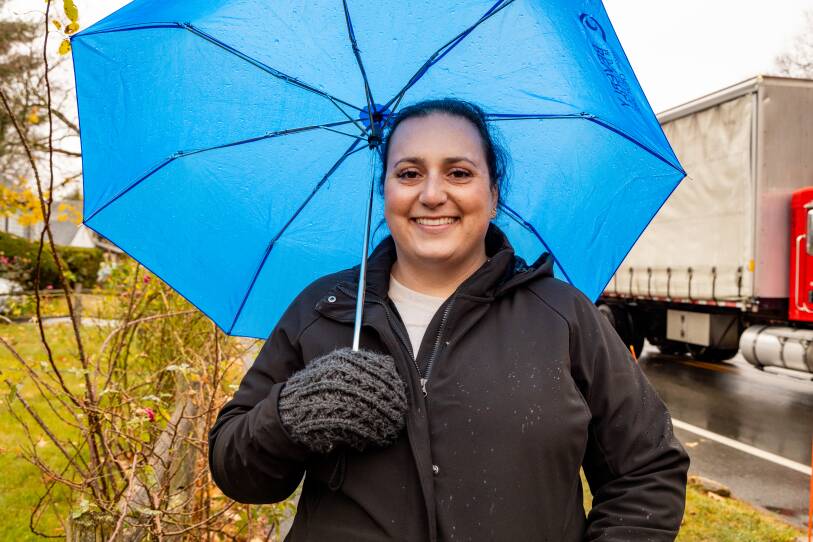Teaching is a hard job. GBH spoke to nearly two dozen educators about the profession as they participated in the weekslong strikes, asking them one question: Would you recommend the profession to a young person?
We talked to teachers, keeping in mind there is a shortage of educators in Massachusetts.
The job website School Spring currently shows more than 3,000 full-time teacher openings in schools across Massachusetts, including nearly 300 in Boston alone.
Our unofficial survey found that most would recommended the profession, offering inspiration and concern for the future.
Here’s what they said, in their own words.

“I would advise young people to consider teaching because you can change the world.”Meghan Tierney, third grade special education teacher
“I think for a lot of kids, school is their safe space,” Tierney said. “School is where they learn how to make friends and make social connections and find things that make them feel good about themselves. And we can teach kids how to be leaders and change-makers in the world.”

“I’ve been living here in Beverly my entire life. I actually went to the Beverly schools. So I know a lot of the teachers in negotiations right now, and they’re the reasons I am a teacher.”Trevor Harwood, fourth grade math teacher
“I would say day by day, it’s definitely worth it to see the smiles on the kids [faces] and to see the passion that the kids bring and the energy that they bring,” Harwood said. “But I do have to say that there’s a lot of things that are that are hard about this profession. So make sure that you are prepared as you come in to soak up that student success every day, because there are other things that are that that are that come into play.”

“I do recommend that other people get into it and whether it’s teaching or supporting teachers. It lets you connect with kids in a way that can make or break them as people. It touches them more than you think.”Emily Marcinkowski, first-year paraprofessional
“I know that a lot of schooling goes into [becoming a teacher] ... I don’t have any, and I’m able to make a difference without having to kill myself with student loans,” Marcinkowski said
“I actually have to work two jobs, and my part-time pays more than me working [as a paraprofessional].”

“Seeing the moments when a kid gets it and wants to share something that they’ve learned with you, something they’ve remembered, it’s so special.”Katie Walter-Jeffery, teacher for 10 years
“What makes it hard are contracts and not getting paid enough and having to work multiple jobs, and not getting paid in the summertime,” Walter-Jeffey said. “That’s what makes it hard.”
“But the kids just make you smile every day, and it’s so nice being hugged and greeted and just watch students just come alive with something they’re learning and passionate about.”

“I would, of course, recommend being a teacher. We’re here for the kids. Even if we’re out on the street right now, we are here for the kids.”Amelia Arbeely, special education teacher
“I don’t know what else I would pick for a career — this is what makes me happy. This is what I’ve always dreamt of,” Arbeely said.
“Right now I have two jobs. I do this and then I tutor/mentor a special education student after school. But this summer, I did summer school, I babysat, I dog sat. I did all the different things to try to get ahead,” Arbeely added. “The rent living in the North Shore is really expensive right now. And so even though I have a master’s degree, one master’s plus 15 [years] here, it’s still hard.”
“I think as much as we teach the kids, they teach us every day. I feel so invigorated by some of my kids. I learn so much and grow so much with them.”




